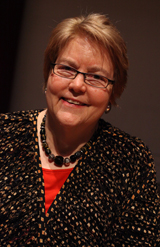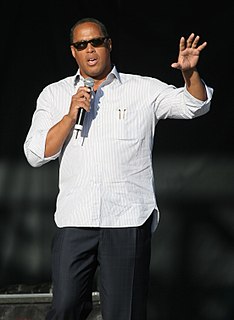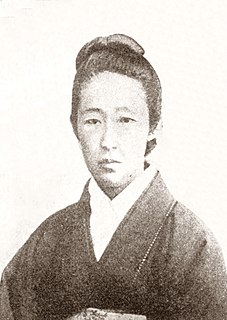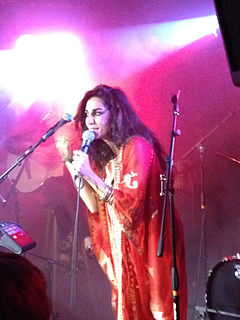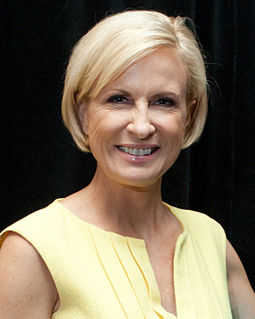A Quote by Charlotte Bunch
You Can't Kill the Spirit resonates with the voices and power of women around the globe who have refused to be either passive or violent but instead act firmly and imaginatively to oppose oppression in its many guises. A wonderful tonic for activists and a treasure for those who teach, these stories bring women's history to life.
Related Quotes
The nature of women's oppression is unique: women are oppressed as women, regardless of class or race; some women have access to significant wealth, but that wealth does not signify power; women are to be found everywhere, but own or control no appreciable territory; women live with those who oppress them, sleep with them, have their children - we are tangled, hopelessly it seems, in the gut of the machinery and way of life which is ruinous to us.
The act of abortion positions women at their most powerful, and that is why it is so strongly opposed by many in society. Historically viewed as and conditioned to be passive, dependent creatures, victims of biological circumstance, women often find it difficult to embrace this power over life and death. They fall prey to the assumption, the myth, that they cannot be trusted with it.
The Grimm brothers always said that their informants were women, which is possibly not true, women of the people. There is the constant evocation of women's voices, in the collecting and arrangement of these stories, and yet the message of so many of them is incredibly misogynist. I was very puzzled by that, and that book explores that contradiction.
... the socialization of boys regarding masculinity is often at the expense of women. I came to realize that we don't raise boys to be men, we raise them not be women (or gay men). We teach boys that girls and women are "less than" and that leads to violence by some and silence by many. It's important for men to stand up to not only stop men's violence against women but, to teach young men a broader definition of masculinity that includes being empathetic, loving and non-violent.
Within the new self-help books for women, patriarachy and male domination are rarely identified as forces that lead to the oppression, exploitation, and domination of women. Instead, these books suggest that individual relationships between men and women can be changed solely by women making the right choices.
We have an almost desperate need for more women to run for office and for more women to really gut it out after they have kids and stay in their jobs and get to high positions in companies. We need women at the top more than ever. We need women's voices there because they are very different than men's voices and they bring a very valuable and necessary point of view to the table.
